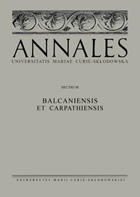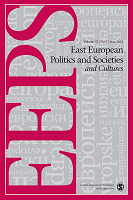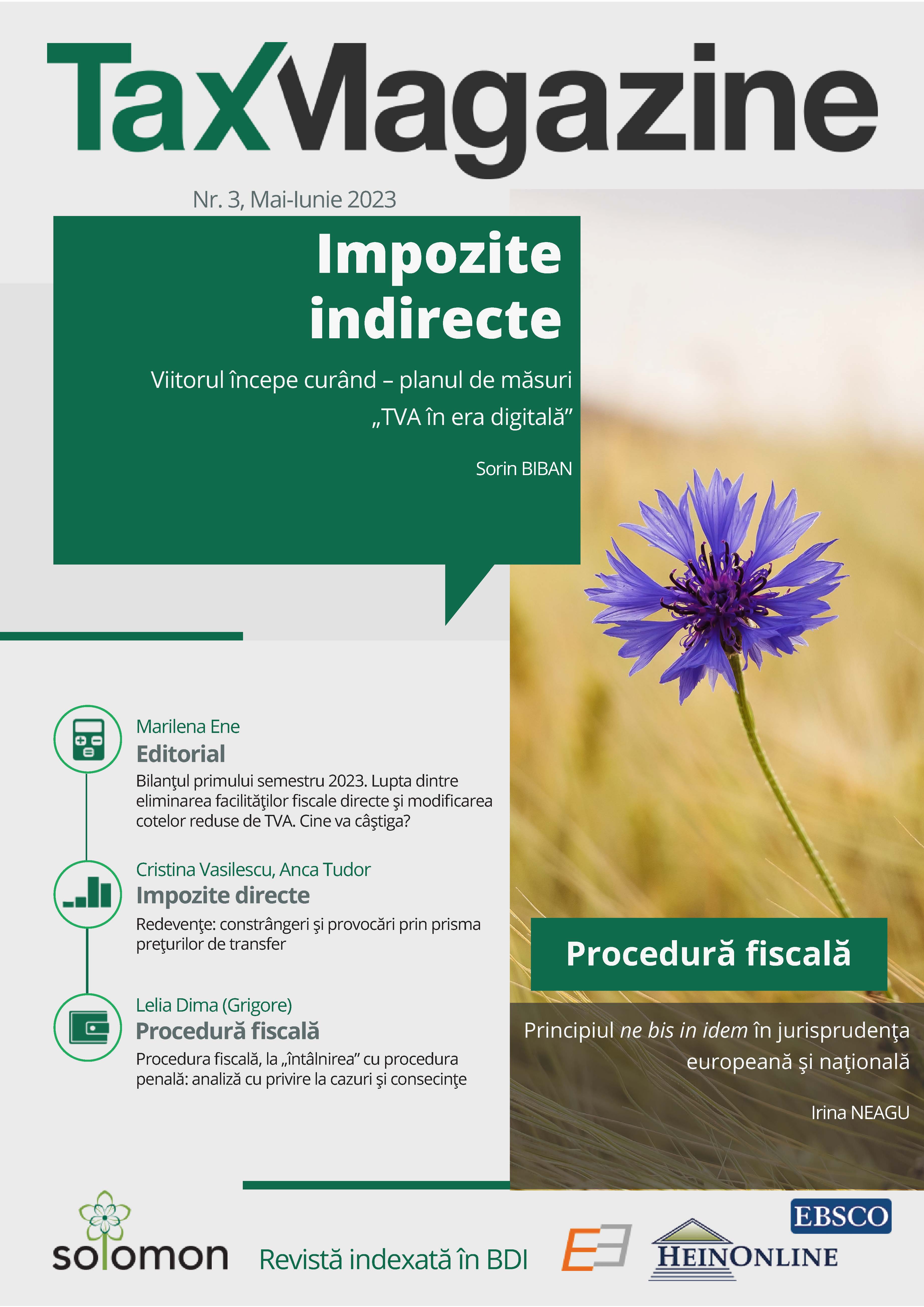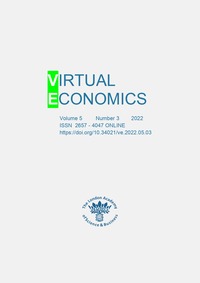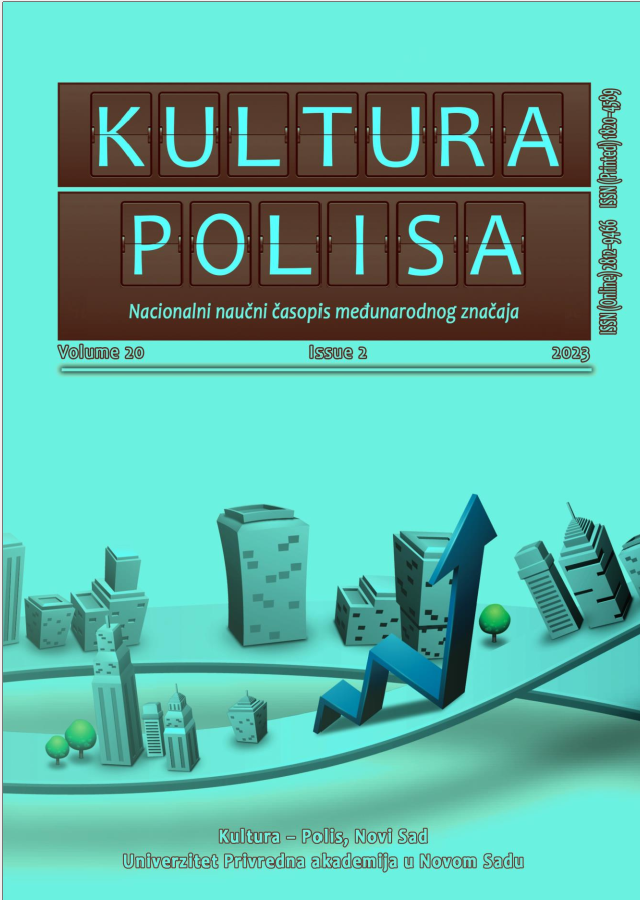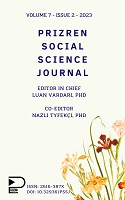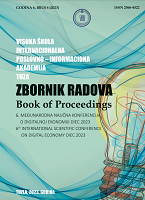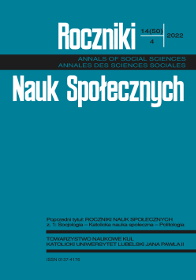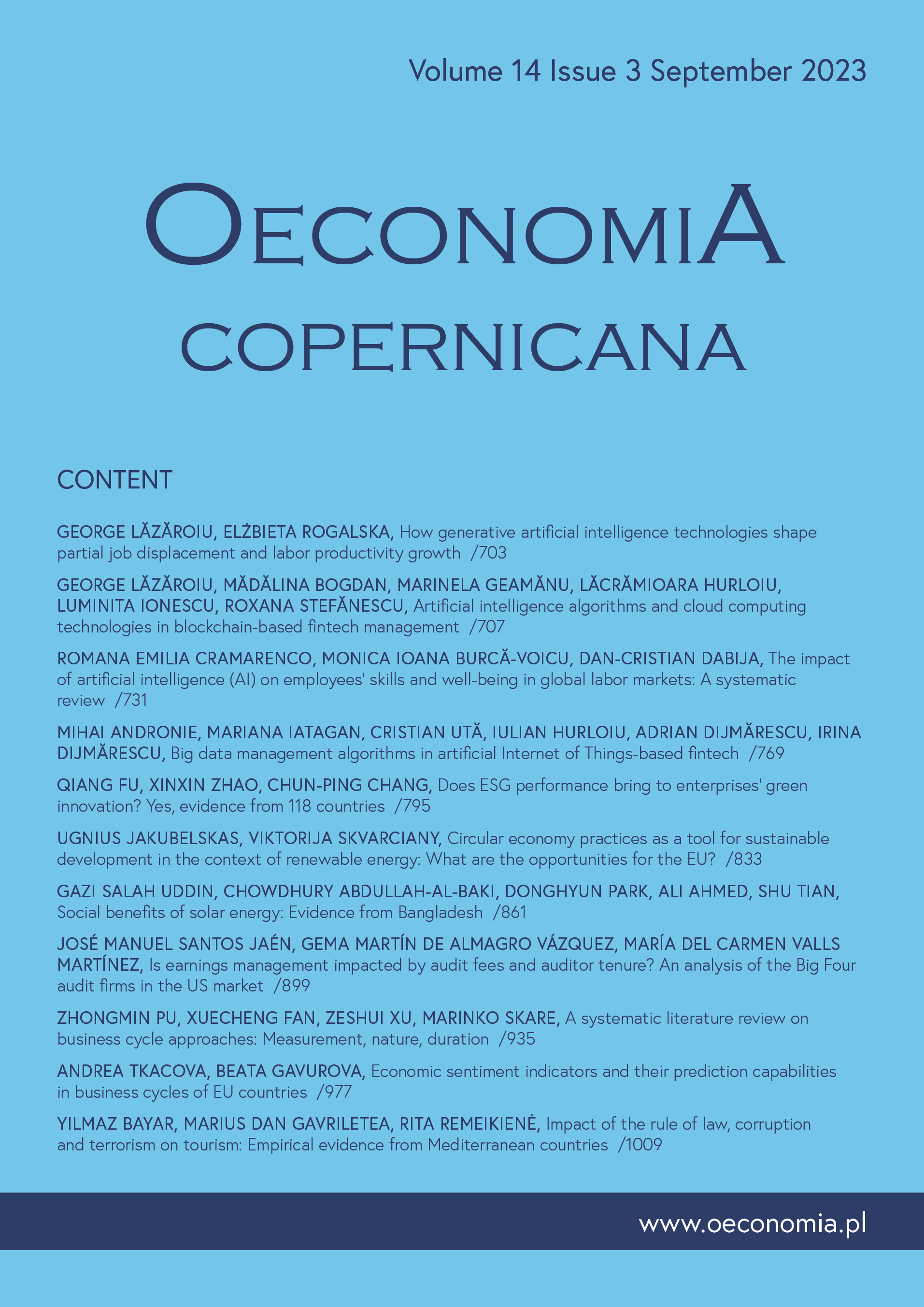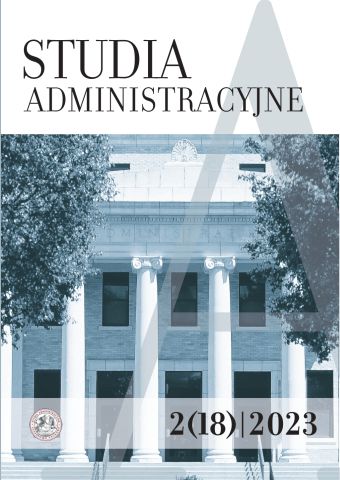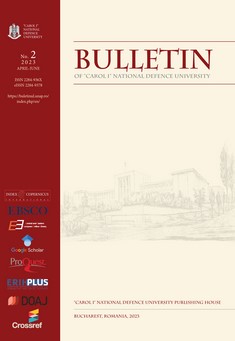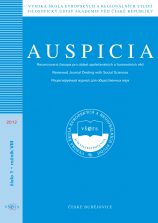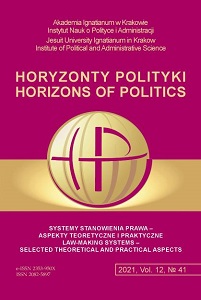
Political and Economic Prerequisites of Legislation and Legal Regulations in the Area of Natural Environment Protection
RESEARCH OBJECTIVE: Legislative processes are important due to the fact that little attention is paid by the market as well as market models of economic development to the issues resulting from the exploitation of the natural environment. Currently, the crucial actions to protect the natural environment include setting up legal regulations that would reduce the degradation of nature caused by consumer behavior. The aim of this article is to analyze and evaluate the selected legislative solutions pertaining to the protection of the natural environment in the European Union and Poland. THE RESEARCH PROBLEM AND METHODS: The analysis of legislation and legal regulations pertaining to the environmental protection in the context of the selected issues spans the timeframe of 2015–2020. The conducted study pertains mainly to legal acts including regulations as well as directives. THE PROCESS OF ARGUMENTATION: The function of the state in the economy was described to explain the role of the policy adopted for the environ mental protection. Further in the considerations, the analysis included selected le gal regulations observed by the EU member states. Evaluation was made in terms of incentives and other solutions in the area of economic instruments and other solutions facilitating the implementation of sustainable development premises. RESEARCH RESULTS: The sources of law of the European Union are an important constituent part of the national system of environmental protection. Domestic regulations are more and more frequently supplementary and executive in nature. The results of research show the selected suggestions and evaluate the legal solutions adopted within the analyzed timeframe. CONCLUSION, INNOVATIONS, AND RECOMMENDATIONS: Legislative solutions should yield benefits both to the manufacturers as well as the economy. Ecological awareness is equally important, setting social responsibility for the environment as a model conduct.
More...

